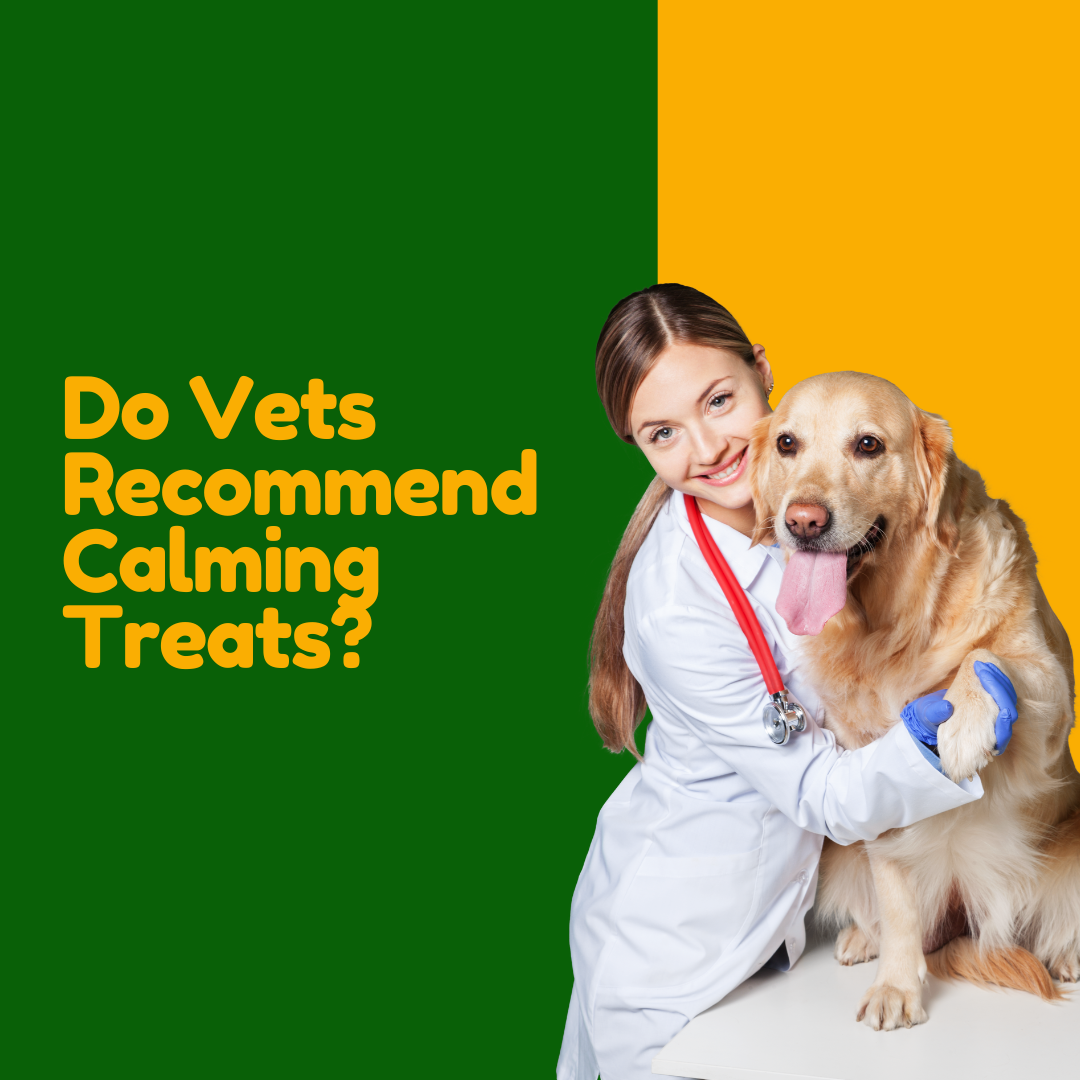

· By Anthony Gatti
Do Vets Recommend Calming Treats?
When it comes to helping our furry friends navigate anxiety and stress, veterinarians play a crucial role in providing expert guidance and recommendations. If you're seeking effective strategies to calm your anxious dog, who better to turn to than those with extensive training and experience in animal health?
In this week's article of the PetPax Co. Paper, we'll explore the top recommendations from veterinarians for calming dogs and promoting their well-being.
Behavioral Modification Techniques:
Veterinarians often advocate for employing behavior modification techniques to address underlying anxiety in dogs. These techniques may include
- Desensitization and Counterconditioning: Gradually exposing your dog to anxiety-inducing stimuli in a controlled manner while pairing it with positive experiences, such as treats or play, to change their emotional response.
- Training and Enrichment: Engaging your dog in mental and physical stimulation through training exercises, interactive toys, puzzle feeders, and scent work can help alleviate boredom and anxiety.
- Routine and Predictability: Establishing a consistent daily routine and providing predictable environments can help reduce anxiety by giving your dog a sense of security and stability.
Environmental Modifications:
Creating a calm and safe environment for your dog is essential for managing anxiety. Veterinarians may recommend
- Quiet Spaces: Designating a quiet, comfortable area where your dog can retreat to when feeling stressed or anxious.
- Thundershirts or Compression Wraps: These snug-fitting garments can provide a sense of security and help reduce anxiety in some dogs, particularly during thunderstorms or fireworks.
- Pheromone Therapy: Using synthetic pheromone diffusers, sprays, or collars that mimic the calming pheromones produced by nursing mothers can help reduce anxiety in dogs.
Calming Supplements and Medications:
In cases where behavioral and environmental interventions alone are not sufficient, veterinarians may recommend the use of calming supplements or medications. These may include
- Nutritional Supplements: Supplements containing ingredients such as L-theanine, chamomile, or melatonin may help promote relaxation and reduce anxiety in dogs. All 3 of these ingredients are part of our formula for ZenMelts that work in harmony with tryptophan to help keep your pup calm and happy (without making them drowsy!)
- Prescription Medications: In severe cases of anxiety, veterinarians may prescribe medications such as selective serotonin reuptake inhibitors (SSRIs) or tricyclic antidepressants to help manage symptoms.
Professional Guidance and Support:
- Above all, veterinarians emphasize the importance of seeking professional guidance and support when dealing with canine anxiety. They can provide personalized recommendations based on your dog's individual needs and circumstances, as well as monitor their progress over time.
When it comes to calming anxious dogs, veterinarians offer a wealth of knowledge and expertise to help pet owners navigate this complex issue. By implementing behavioral modification techniques, environmental modifications, and, when necessary, supplements or medications, you can help your dog lead a happier, more relaxed life.
Remember to consult with your veterinarian to develop a comprehensive plan tailored to your dog's specific needs and to address any concerns or questions along the way. With the right support and guidance, you can make a positive difference in your dog's well-being and quality of life.
